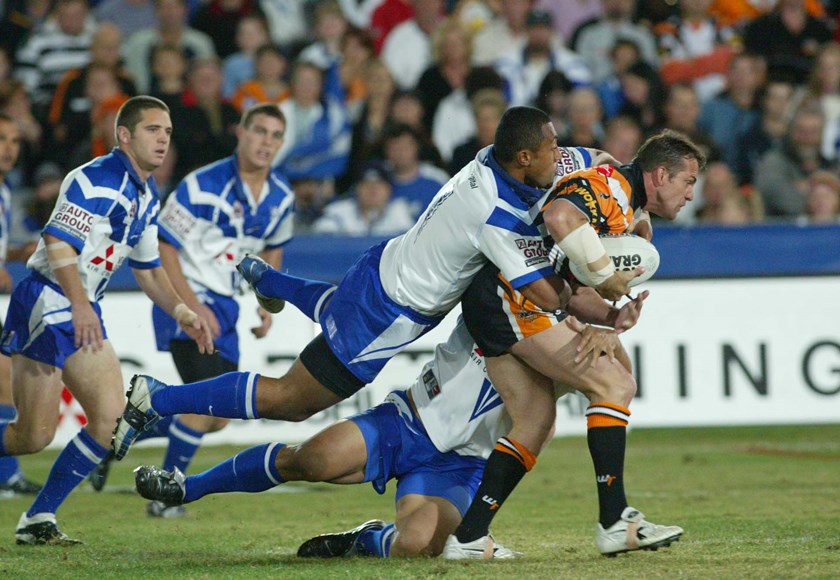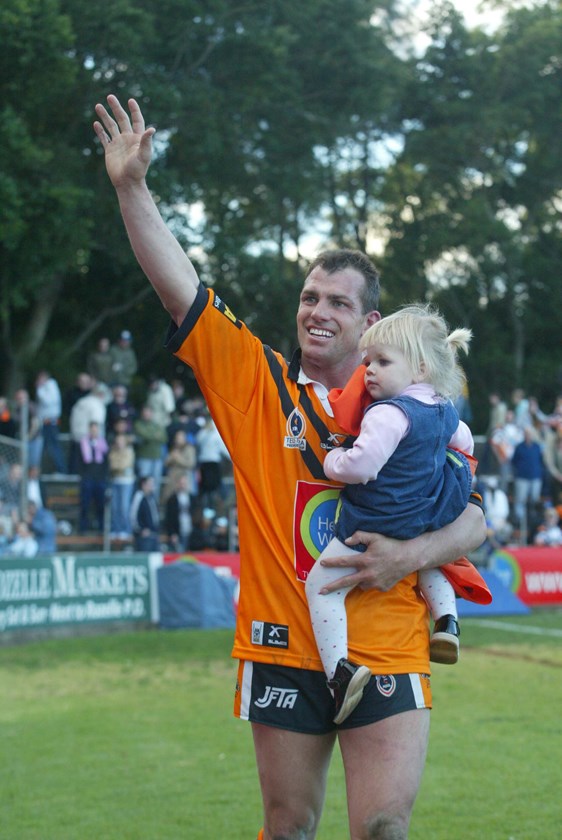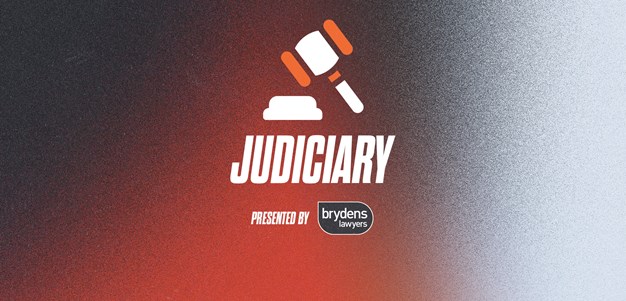
In this week’s episode of Behind the Roar we chat to Wests Tigers first-season captain, Darren Senter.

BTR is available on Spotify, Apple and YouTube.
Ahead of our first home game in Campbelltown this season, Darren recalls the buzz around the place ahead of the team’s very first game at the same venue against the Broncos in 2000.
He says it was also at Campbelltown where he played perhaps the best game of his career.
We also chat about life after footy, the importance of staying connected with former teammates, why family matters so much, and the origins of his nickname ‘Hollywood’.
Senter played 226 NRL games in total over 13 seasons. He made his debut with Canterbury Bulldogs in 1992, playing three seasons at Belmore before joining Balmain in 1995, where he played five seasons there.

He played another five seasons at West Tigers but decided to hang up the boots in 2004. Despite missing out on the club’s maiden premiership in 2005, he’s got no regrets about making that tough decision.

Senter was one of the more experienced heads in the side during an era that saw the emergence of future Wests Tigers greats, like Benji Marshall, Robbie Farah and Chris Heighington. He talks fondly of all three men.
A hard-nosed hooker who was fitter than a fiddle, Senter draws comparisons between the team from the early 2000s and the current squad.
“We had a few really experienced guys like Terry Hill, Jarrod McCracken, Shane Walker and me," he said.
Then there was this batch of young guys coming through like Benji and Robbie, similar to what we see now.
Darren Senter











